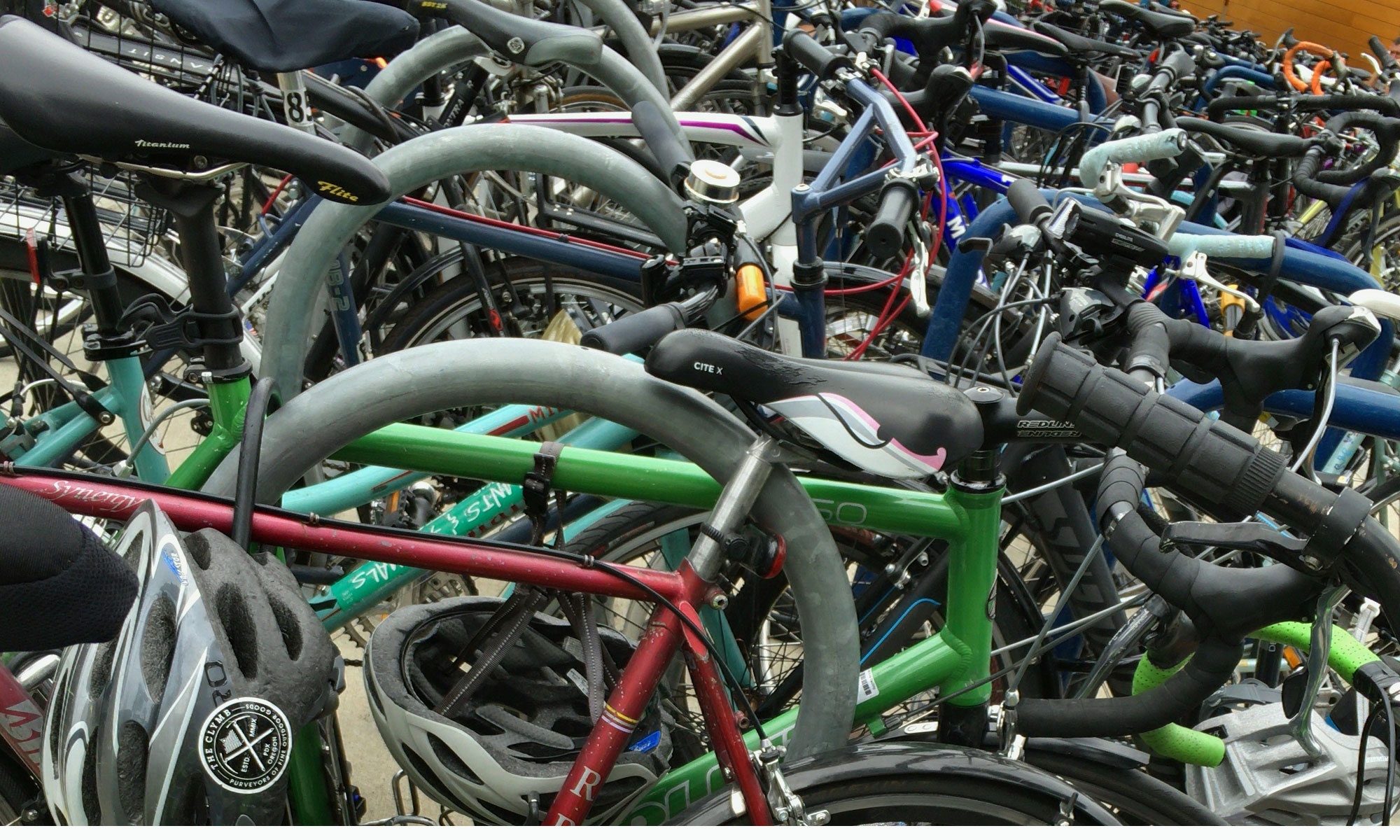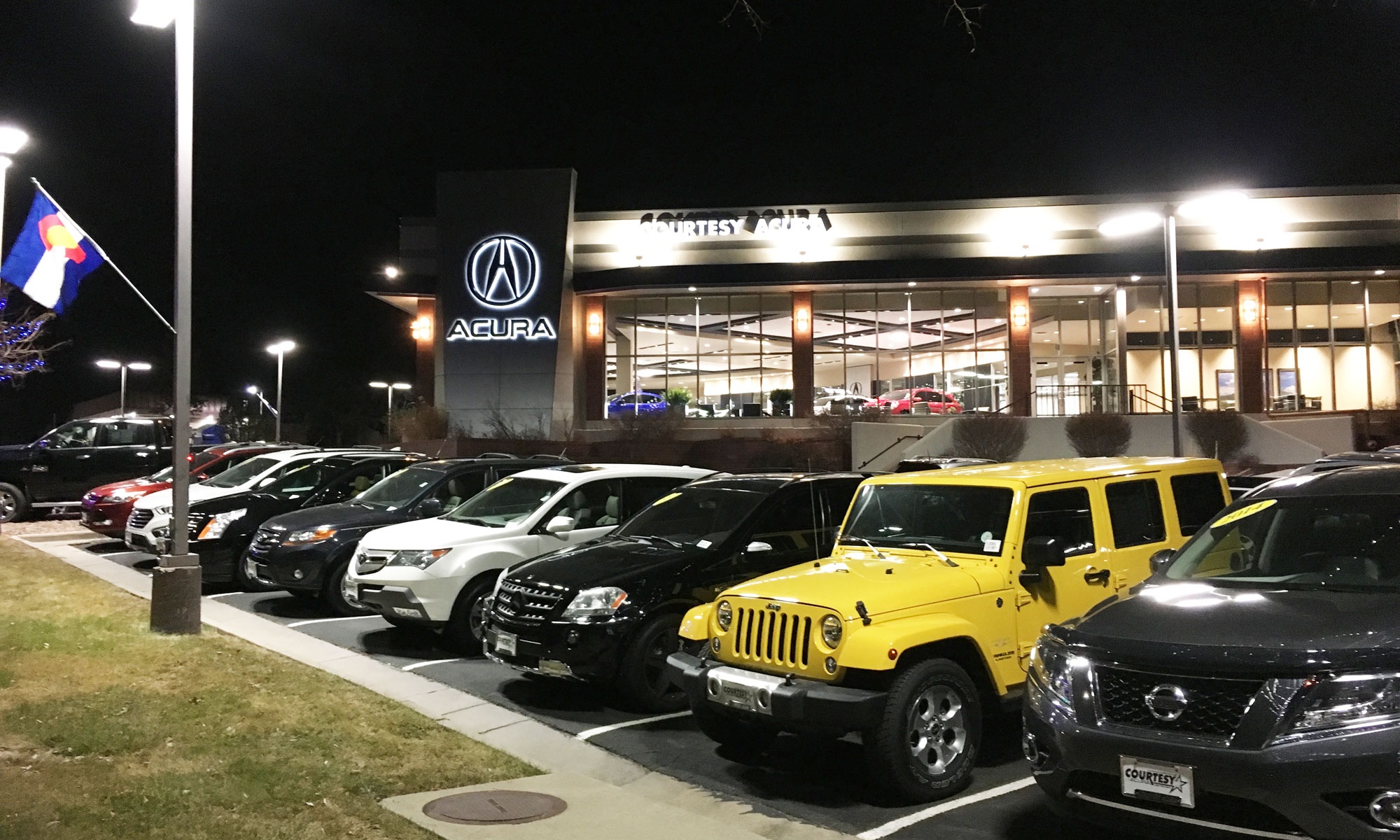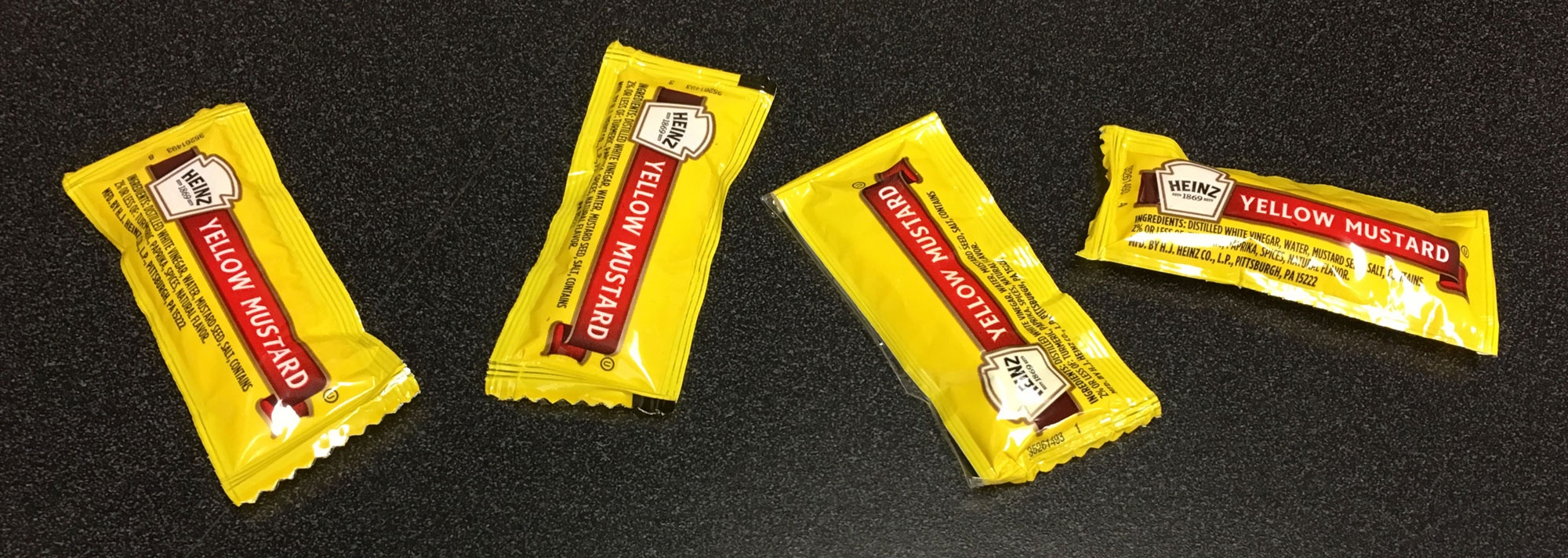This is a guest post by my brother, Bill Merrill. Thanks, Bill!
I thought this was appropriate as we all approach the start of a new year.
There is a common pair of related expressions that “youth is wasted on the young” and “with age comes wisdom.” I’ve had occasion to reflect on these and other ideas about aging as I’ve hit a milestone year. It’s fun to compare how I looked at things as a younger man versus the current “me.”
Younger Me: I’m hungry! I think I’ll get a pizza!
Current Me: I’m hungry. I’d love to get a pizza, but calories, fat, cholesterol, sodium…I’ll grab some baby carrots instead. Ugh.
Younger Me: Look at that slow driver up there! He’s obviously not in a hurry to get anywhere. He’s delaying my busy schedule! He must be at least 80 years old!
Current Me: Look at that “kid” driver darting in and out of traffic. How reckless! Would it hurt him to just slow down a little? Safer, too. (But I still go right at the speed limit vs. 10 mph under. I’m not that old yet!)
Younger Me: Frank Sinatra? Who would ever want to listen to that boring old guy singing? I’m putting on Led Zep instead!
Current Me: Mmm, listen to the nuance in Sinatra’s voice as he cradles the lyrics to “Angel Eyes,” and the string arrangements by Nelson Riddle are marvelous. How delightful! (But I still like Led Zep, and some contemporary music.)
Younger Me (settling down to read a book): Well, I see that Isaac Asimov has a new non-fiction book out on exploring the Moon. I think I’ll stick to the action in his science fiction novels.
Current Me: Wow! That nonfiction book Asimov wrote in the ‘70s on the Solar System was accessible and fascinating! Next up, the latest historical nonfiction by Eric Larson (although I still like a good SF novel from time to time…)
These changes in perspective are examples of how my attitudes towards various aspects of life have shifted as I have gotten older. I generally don’t look at the past with regrets, but instead, enjoy moments of nostalgia. I don’t see much point in saying, “if I knew then what I know now…” (aside from some investment advice), but I do wish I my younger self could have “stopped and smelled the roses” more often! (Ha! There’s another old saying that was more profound than it seemed!)




